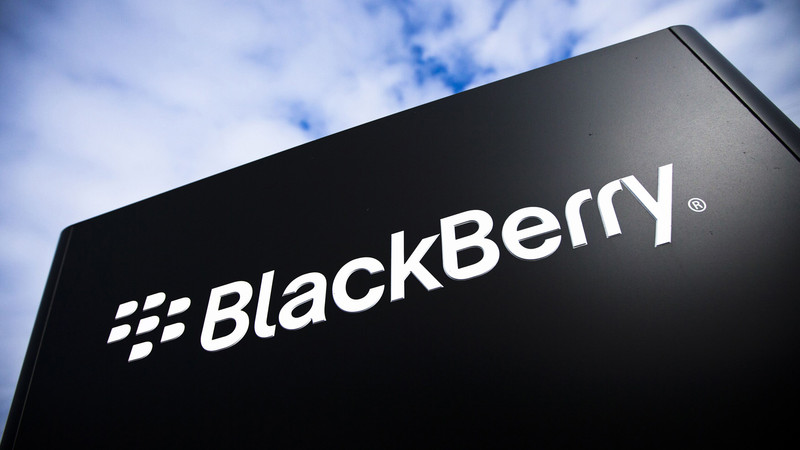Facebook on Wednesday said it banned Britain First from its platform for breaking rules against inciting hatred.
The social media platform took down Britain First’s Facebook page and those of its leaders, Paul Golding and Jayda Fransen, for repeatedly violating rules designed to stop the incitement of hatred against minority groups.
British First shot to the fore last November when Trump sparked outrage in Britain and a sharp rebuke from Prime Minister Theresa May for retweeting British far-right anti-Islam videos.
The removal of the Britain First pages comes as Facebook and other Internet firms like Twitter and Google are under growing pressure to police their networks, refereeing content to prevent extremist groups spreading their messages and recruiting online.
May has joined forces with the leaders of France and Italy to urge social media companies to do more to remove extremist content.
She said on Wednesday that she welcomed the announcement by Facebook.
“I hope other companies will follow,” she told British lawmakers.
Facebook said it was careful not to remove posts or pages just because they were controversial and some people didn’t like them, but said that Britain First had gone further and broken its anti-hatred rules with its anti-Islam posts.
“We do not do this lightly, but they have repeatedly posted content designed to incite animosity and hatred against minority groups, which disqualifies the pages from our service,” Facebook said in a blog post.

